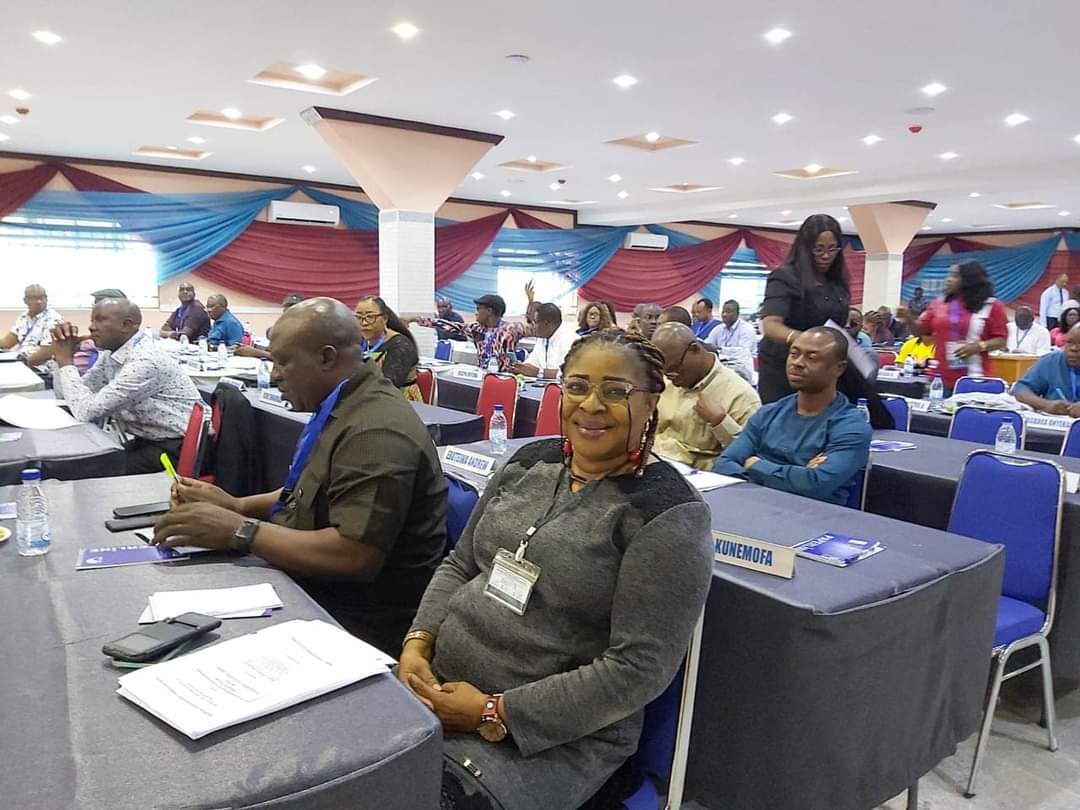Business
Stakeholders Rally For Africa’s Energy Dev

Stakeholders at the just-concluded African Refiners & Distribution Association (ARDA) conference have canvassed for concerted investment in African Downstream, clean fuels, energy poverty eradication.
Critical stakeholders in the African energy have resolved to mobilise for greater investment in the continent’s energy sector.
Arising from the 2023 edition of the African Refiners & Distribution Association (ARDA) conference, which ended yesterday in Cape Town, South Africa, the participants called for increased investments to accelerate Africa’s deployment of downstream infrastructure, including pipelines, storage facilities and refineries, to enable the continent to address energy poverty and achieve energy independence and sustainability.
To this end, the African Finance Corporation (AFC) revealed that it has deployed about $800 million towards supporting Africa’s refinery sector with an additional $210 million in its near-term pipeline.
Cumulatively, the AFC and the African Export Import Bank (Afreximbank) are investing about $16 billion in oil and gas projects across Africa.
The Global Head, Client Relations, Afreximbank, Rene Awembeng, said the company’s oil and gas portfolio exceeds $15 billion with a healthy pipeline across the entire continent.
He noted that the continent is in a critical situation where demand for energy continues to rise on the backdrop of surging population.
At the conference, stakeholders also called for retention of funds within the continent to finance the over $190 billion yearly energy investment need of the continent.
About $15 billion of the funds is being invested by Afreximbank, while AFC already invested over $800 million with additional over $200 million expected to be finalised.
With the continent relying mainly on importation of petroleum products at a time when foreign exchange demand is hovering at $100 billion yearly and required energy investment annually stands at $190 billion, Awembeng said large infrastructure development, including, refineries that would meet demand on the continent must be prioritised and supported.
He added that the creation of Africa Energy Bank remained sacrosanct to fund fossil fuel and Africa energy transition agenda.
Expressing regret that Africa remained an importer of all refined products, he said: “Africa has not invested in its refineries or refining capacity. We’ve not invested in our storage facilities. We’ve not invested in our pipelines sufficiently to meet the demand.
“So, with the COVID crisis, and now the Ukraine crisis, we are now in a very difficult position.
“A lot of the international banks and some of the banks that were financing oil and gas transactions have retreated from Africa for a number of reasons, leaving the burden on African financial institutions and some of the development financiers like the African Export Import Bank to look into the problem.
“The challenge now is that we have significant capacity to meet the demand of $190 billion every year to finance oil and gas requirements in Africa.
“Do we have capacity on the continent to support the $15 billion of rehabilitation of refining capacity required in North Africa, West Africa and East Africa? I don’t think we are.
“So, we are going into a crisis where if you look at also what is happening with food security in terms of fertilisers and grain, we have to import plus the high costs of importation of refined products. We are in a very challenging situation as a continent to be able to finance oil and gas”, Awembeng said.
In an opening statement, ARDA President, Marième Ndoye Decraene, emphasised the role improved collaboration between African downstream players and ARDA members plays in facilitating the full exploitation of Africa’s hydrocarbon resources to achieve a just and inclusive energy transition.
According to Decraene, with energy demand set to grow across the continent by 45 percent through 2050, “Our objective is to ensure Africa’s growing demand is met with cleaner fossil fuels.
“We must combine our efforts to develop a strong and effective platform to ensure the energy mix and environment are prioritised.
“We need to create a strong regulatory framework, ensure the transfer of technology, innovation and skills to maximise the downstream industry.
“Financing remains a problem and we need to make sure there is available funding and that projects are bankable while accelerating renewables penetration.
“Our aim is to make use of platforms such as ARDA Week to strengthen our current energy capabilities and come up with solutions on how Africa can address global factors hindering the industry”.
ARDA’s Executive Secretary, Anibor Kragha, said Africa’s downstream players can play to ensure the continent balances achieving energy security and environmental sustainability.
“Energy security is the short term need we have. We are not the biggest polluter in the world, hence we are focusing on uninterrupted, secure and affordable supply of energy, and not what other global parties and markets are focusing on, which is decarbonisation.
“Storage and distribution needs should be a focus. However, reducing emissions from the fuels industry should also be prioritised. By 2030, we need cleaner transport, clean cooking and power solutions”, Kragha said

